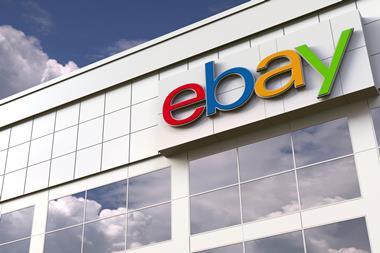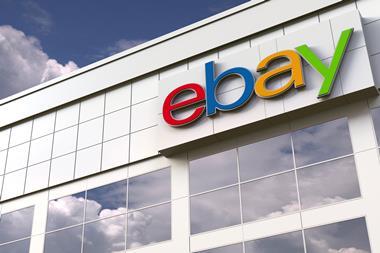Unavoidable hidden fees for online shoppers are set to be banned under new law proposals expected to come into force this spring.

The practice, known as drip pricing, happens when online customers are shown a price for an item or service, but on entering the checkout process additional fees are unveiled.
These hidden fees reportedly cost customers £2.2bn a year.
The Department for Business and Trade (DBT) report implies the practice is widespread and used by the majority of entertainment providers and businesses in the hospitality industry.
The DBT is recommending that under the planned Digital Markets, Competition and Consumers Bill, additional fees must be included in the headline price.
The new initiative will affect train and cinema tickets, as any mandatory booking fees must be included at the beginning of the shopping process.
However, charges for optional add-ons, such as airline seats and luggage upgrades, won’t be included.
Fake reviews will also be banned under the new measures, and retail companies will also have to be clearer with price labels in supermarkets. The Price Marking Order (PMO), which requires businesses to display the final selling price, will also be reformed.
Minister for enterprise, markets and small business Kevin Hollinrake said: “From supermarket shelves to digital baskets, modern-day shopping provides customers with more choice than ever before.
“But with that comes the increased risk of confusion, scams and traps that can easily cost the public more than they had planned.
“Today’s announcement demonstrates the clear steps we’re taking as a government to ensure customers can compare purchases with ease, aren’t duped by fake reviews, and have the sting of hidden fees taken away.”
A spokesperson for the Competition and Markets Authority (CMA), which would be responsible for policing the changes, said: “It’s positive to see the government pushing ahead with changes to tackle behaviour that misleads shoppers or leaves them out of pocket, which includes accepting the CMA’s recommendations for clearer groceries pricing.
“Stronger laws and tools, including giving the CMA the power to fine companies for breaching consumer law under the DMCC Bill, will bolster the work we are already doing to protect consumers.”


























No comments yet